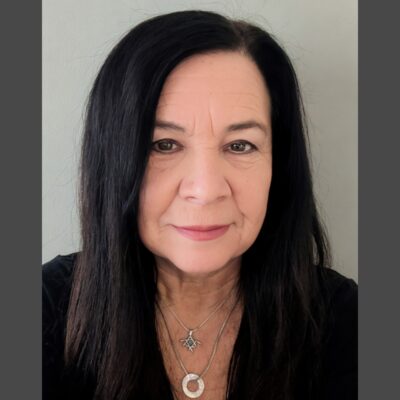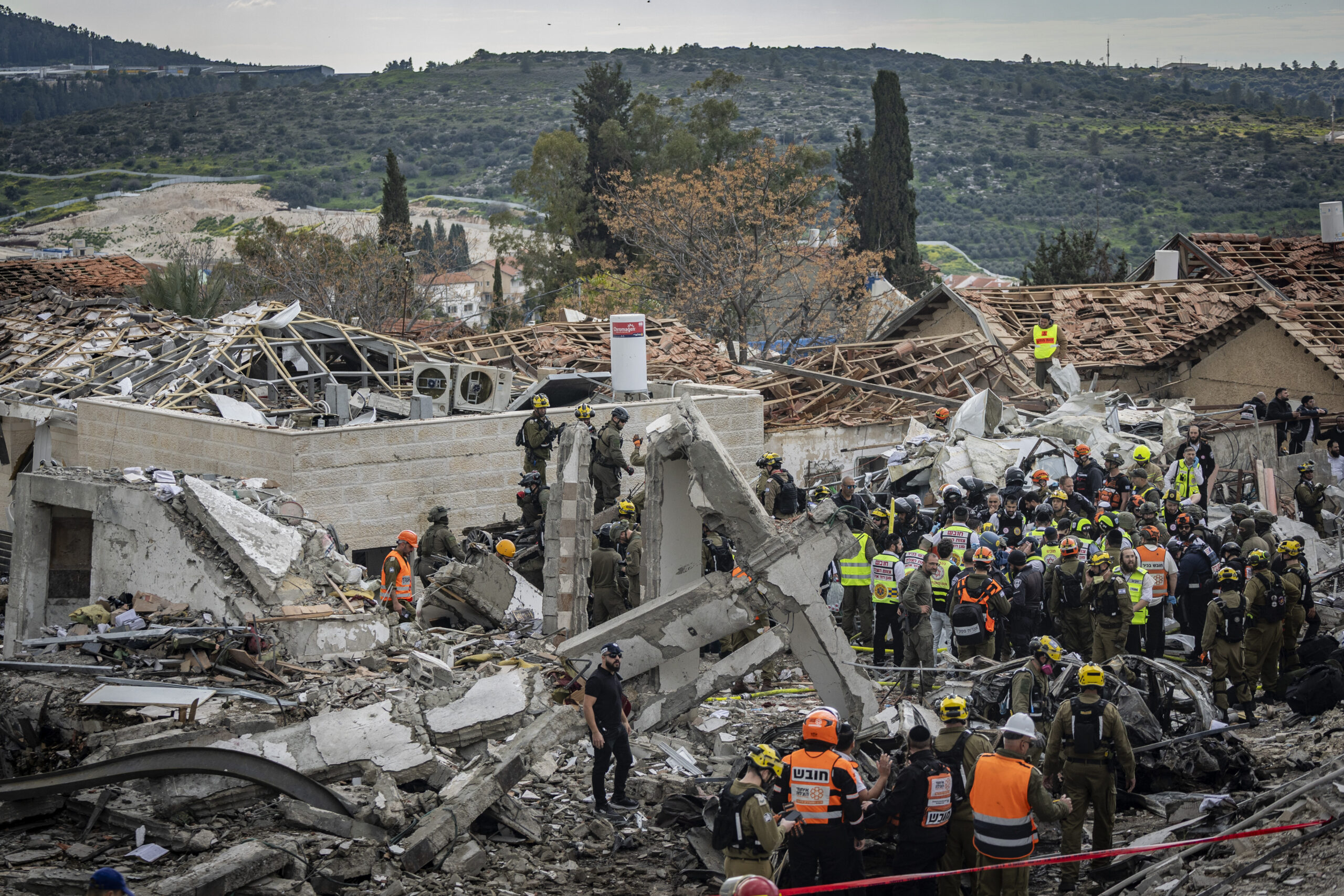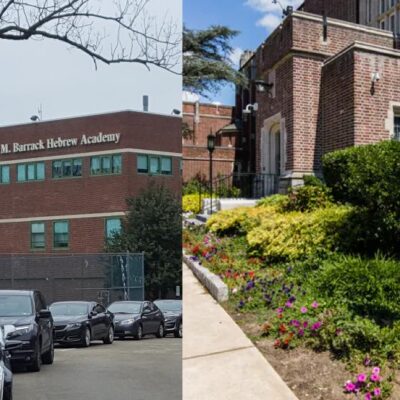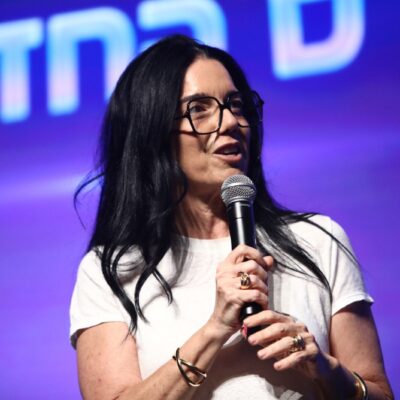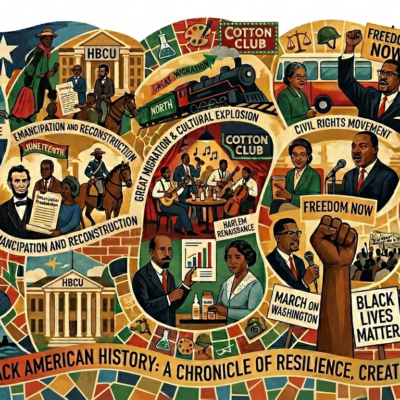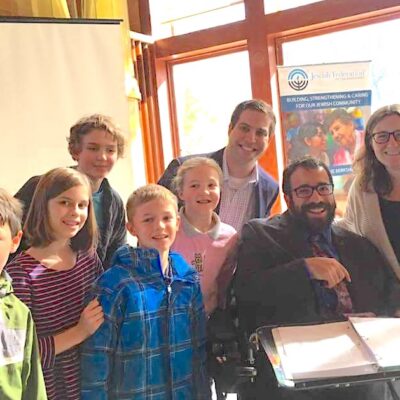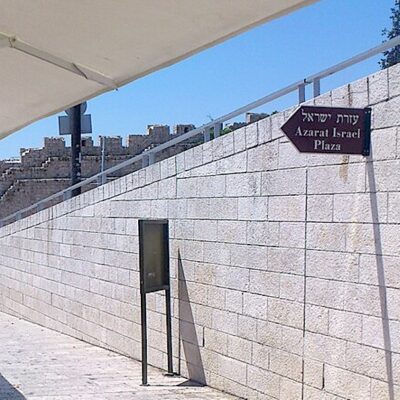MUSIC CITY MEETUP
From allyship and day schools to video games and gender equity, JFN offers a range of topics but no clear philanthropic road map through current crises
In Nashville, Tenn., Jewish funders discuss and debate how philanthropy should proceed amid growing challenges on multiple fronts

courtesy/JFN
Jewish country music performer Joe Buchanan performs on the opening night of the Jewish Funders Network conference in Nashville, Tenn., on March 23, 2025.
NASHVILLE, Tenn. — Jewish day schools and Syria’s new government and allyship and democratic institutions and rebuilding northern Israel and gender equity and intergenerational family dynamics and rescuing hostages and pluralism and combating antisemitism and video games and importance of metrics — last week’s Jewish Funders Network conference offered the roughly 700 attendees a smorgasbord of topics for discussion and consideration, along with country music and the hoots and hollers of bachelorettes whizzing by on pedal-powered party bikes.
The plethora of subjects on tap at this year’s gathering stood in contrast to last year’s far more focused convention in Tel Aviv, which was held some six months after the Oct. 7 terror attacks and as the outpouring of antisemitism that emerged in its wake was reaching its peak.
The attendees were individual funders and representatives of family foundations and large grantmakers, such as Maimonides Fund, Jewish Federations of North America, Jewish Agency for Israel and the American Jewish Joint Distribution Committee. Most came from the United States, along with roughly 100 from Israel and a smaller number from seven other countries.
The annual JFN conference offered those attendees the opportunity to hear from their peers and the small number of outside speakers who addressed the plenary sessions and workshops. Perhaps more importantly, it serves as a venue for informal conversations and discussions among funders and organizations. At every coffee break — and even during sessions — the chairs, couches and nooks around the JW Marriott were filled with people making acquaintances, discussing their latest collaboration or trading professional gossip. This was true but for one end of the floor of the conference, which held a display on video games sponsored by the Kirsh Foundation, where the creator of two Holocaust-related video game projects, Luc Bernard, who is now making a third, was more than willing to discuss the Jewish communal world’s blindspot as it relates to the $200 billion gaming industry.
As at last year’s gathering, there remained an understanding that the current moment demanded more of Jewish philanthropists, and Jewish people in general, amid rising, potentially existential challenges.
“Although it feels like we’re navigating a once-in-a-century crisis every year, we know we are now in a very pivotal moment. As funders, it is no longer acceptable to continue with ‘business as usual,’” Zoya Raynes, JFN’s board chair, said at the opening session. “Oct. 7 was a day that shook us all to our core. In its aftermath, it is clear that philanthropy must evolve.”
Referring specifically to rising antisemitism on college campuses, Raynes called for funders to be more strategic about their donations to universities. “For far too long, we were picking wallpaper and naming buildings, while the other side was picking professors. Many thought we had the most resources and the most influence in the room, and the truth is, we didn’t,” she said.
Yet how philanthropy must involve was less clear than it was at the 2024 conference, when the needs in Israel and in Jewish communities around the world were far more obvious. One attendee told eJewishPhilanthropy that the one word that he’d use to describe the conference was “confusion” as the participants knew that they had to do something about the current moment — of war and internal turmoil in Israel, rising antisemitism and a capricious government in the United States — but were struggling to figure out what that something was.
In his speech on the final day of the conference, Andrés Spokoiny, president and CEO of JFN, offered only broad recommendations to the attendees while encouraging them to think constructively about the future.
“We are anti-antisemitism or anti-assimilation, but we are silent on what type of Jewish life we want to build. A double negative is not a positive,” he said. “In Israel, too, people are defined by what they are against, not really by the vision they have for the society. Many in the government are anti-liberal democracy, but what are they proposing, besides more power for themselves? And many of us (myself included) are anti-anti-democracy, but what’s our vision for Zionism besides opposing a corrupt and incompetent government?”
The conference also served as a public platform for the field at large, where JFN awarded its annual Ilia Salita Excellence in Applied Research Award to Keren Fraiman, dean and chief academic officer at Spertus Institute, for her research on Israel education, and the J.J. Greenberg Memorial Award — named in honor of the former executive director of the Steinhardt Foundation who was killed in a traffic accident at age 36 — to Adina Poupko, executive director of the Natan Fund. The Jewish Climate Trust also used the conference as the venue for its official debut after launching earlier this year, as Birthright Israel marked its 25th anniversary just down the hall. (For representatives of the Bronfman family, which supports both of these initiatives, this represented something of a logistical challenge, albeit a pleasant one.)
The gathering kicked off on Sunday with an opening plenary session on allyship featuring commentator Van Jones, political activist Brianna Wu and Vanderbilt University Chancellor David Diermeier (whose school is located just a few miles southwest of the venue), which was the talk of the conference, particularly Jones’ remarks about the relationship between the Black and Jewish communities.
Asked about the most significant moment in the conference, attendees almost invariably mentioned Jones’ speech, which highlighted the need for Black-Jewish ties, offered criticism of his own community and highlighted areas where the Jewish community needed to improve as well. For instance, he noted that while it has been common to hear from Jewish leaders that the Jewish community stood by Black Americans in the Civil Rights Movement and that this isn’t being reciprocated now amid rising antisemitism, in fact just a small number of Jewish Americans truly took part in the movement (he added that only a small number of Black Americans took part in it as well, in light of the real threat of imprisonment and violence that came along with it).
“The danger now is that the best people in the Jewish community and the best people in the Black community — for the first time in 100 years — are moving away from each other. Now that is bad. It’s not just bad for Blacks and Jews. The Black-Jewish alliance is a necessary precondition for democratic advancement,” he said.
While Jones said that certain parts of each community were partially responsible for this breakdown in ties, he more so blamed the effects of social media and modern news consumption. “We live in completely different algorithmic universes,” Jones said, noting that Black Americans would almost certainly not have seen news about the Bibas family last month in their social media feeds and Jewish Americans would not have seen that the federal layoffs have disproportionately affected “the backbone of our community,” namely the educated Black women who went to work in the public sector in the 1980s and 1990s.
“I find him just so inspiring and [there is] such a need for us to have allies like him and to work in partnership,” Lisa Eisen, co-president of Charles and Lynn Schusterman Family Philanthropies, told eJP on the sidelines of the conference, noting that she had also interviewed Jones at a small session just for top executives.
Sara Tancman, the founder and CEO of the Israeli women’s health Briah Foundation and a co-chair of the conference, told eJP that it was her idea to host a plenary session on allyship, coming from her own personal crisis following the Oct. 7 terror attacks when she saw the feminist and human rights groups that she had long considered allies to disappear when the victims were Israeli and Jewish.
“I wasn’t sure I could still call myself a feminist. UN Women and women’s organizations who had always advocated for women’s safety were not advocating for Israeli women who went through whatever they went through,” Tancman told eJP ahead of the conference. “I’m still rebuilding my identity. So I’m excited about that session. How do we rebuild those bridges between Jewish leadership and other groups?”
Largely due to JFN’s strict no solicitation policy, non-funders are kept to an absolute minimum — meaning that instead of hearing from a nonprofit involved in the reconstruction of northern Israel during the workshop on the subject, the presentations were instead made by the foundations funding those efforts. Some attendees welcomed the chance to hear from their philanthropic counterparts about how they are addressing these issues, while others told eJP that it felt as though they were getting information about the issues secondhand instead of directly from sources. Similarly, some did not appreciate the kitchen-sink approach to the topics, seeing it as muddled and confusing, while others said that it allowed them to get out of their niche and see a wider picture.
“Every session I went to, I learned something new, whether it was in my field that I’m here for or beyond,” Melissa Rivkin, the director of day school strategy at the Seattle-based Samis Foundation,” told eJP.
As an example, Rivkin noted that she had attended a dinner hosted by the Israeli social lender Ogen and the new chair of its American fundraising arm, investor Robert Gottesman. “You don’t really hear about [social lending], so even that stuff was new,” she said. “And Gottesman was so passionate that [social lending] is better than just giving because you are actually investing so that people can be independent.”
In addition to practical matters related to philanthropy, the conference offered the attendees a chance to think more deeply about their work through a conversation between Yossi Klein Halevi and Krista Tippett about faith, intergenerational trauma and the need for “spiritual infrastructure.”

As Spokoiny predicted it would be ahead of the conference, the gathering was marked by civility. While more progressive speakers — including Spokoiny — made pointed comments about the right-wing Israeli or American governments and more conservative ones similarly critiqued the progressive left, the sessions generally lacked vitriol and overt political attacks.
In his closing address, Spokoiny encouraged this to continue. “We live in a time in which people equate being a jerk with being brave. It’s the exact opposite. When you’re unkind, you show weakness, not strength,” he said. “In these unprecedented times, everybody is fighting a tough battle in their hearts. I know I am. Everybody needs kindness. Give it to others and yourself.”
The closing plenary also featured an onstage interview by Jim Joseph Foundation CEO Barry Finestone with Jon Polin and Rachel Goldberg-Polin, in which the couple — whose son Hersh was taken captive on Oct. 7, 2023, and murdered in captivity almost a year later — thanked those present for their support.
Polin compared modern Diaspora Jewry to the Israelite tribes that did not cross into the Holy Land but nevertheless fought for those that did. “They said, ‘We’re going to stay here, but anytime our brothers are at war, we will be there with them.’ And that model is what happens, and it is what we have always done, and is what we are doing today, and is what everybody in this room has done being by our side for the last 536 days,” he said.
The Polins said that for the time being they are focused on securing the release of the remaining 59 hostages still being held in captivity in Gaza, but were exploring what their next steps would be.
“We have these cherished 59 human beings who need us at this very second… I think of Alon Ohel, who right this moment is shackled and alone and it closes my throat because he’s my son, and he’s your son,” Rachel Goldberg-Polin said.
“We are going to be in this fight first and foremost for the remaining 59 hostages, and then continue once we bring them all home to give all of us a better, more vibrant Israel and a more vibrant democratic Jewish life. More to come on that soon,” Jon said.

 Add EJP on Google
Add EJP on Google



